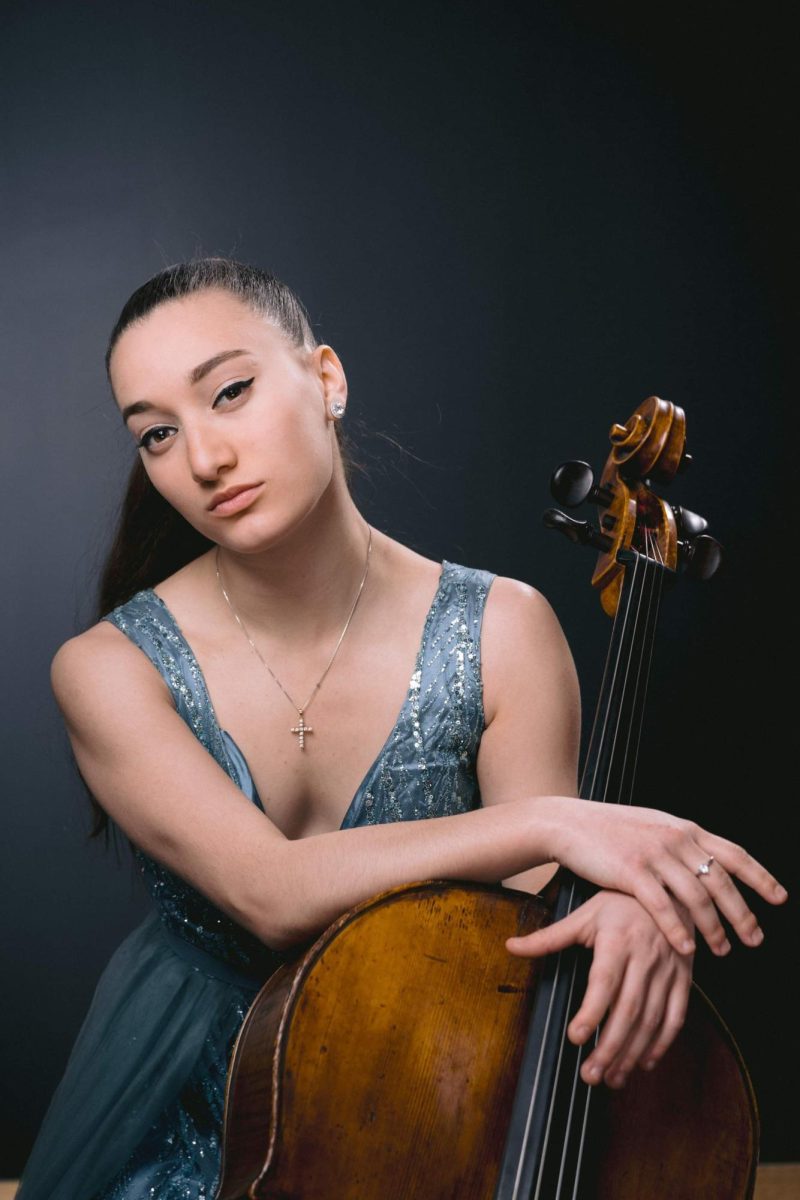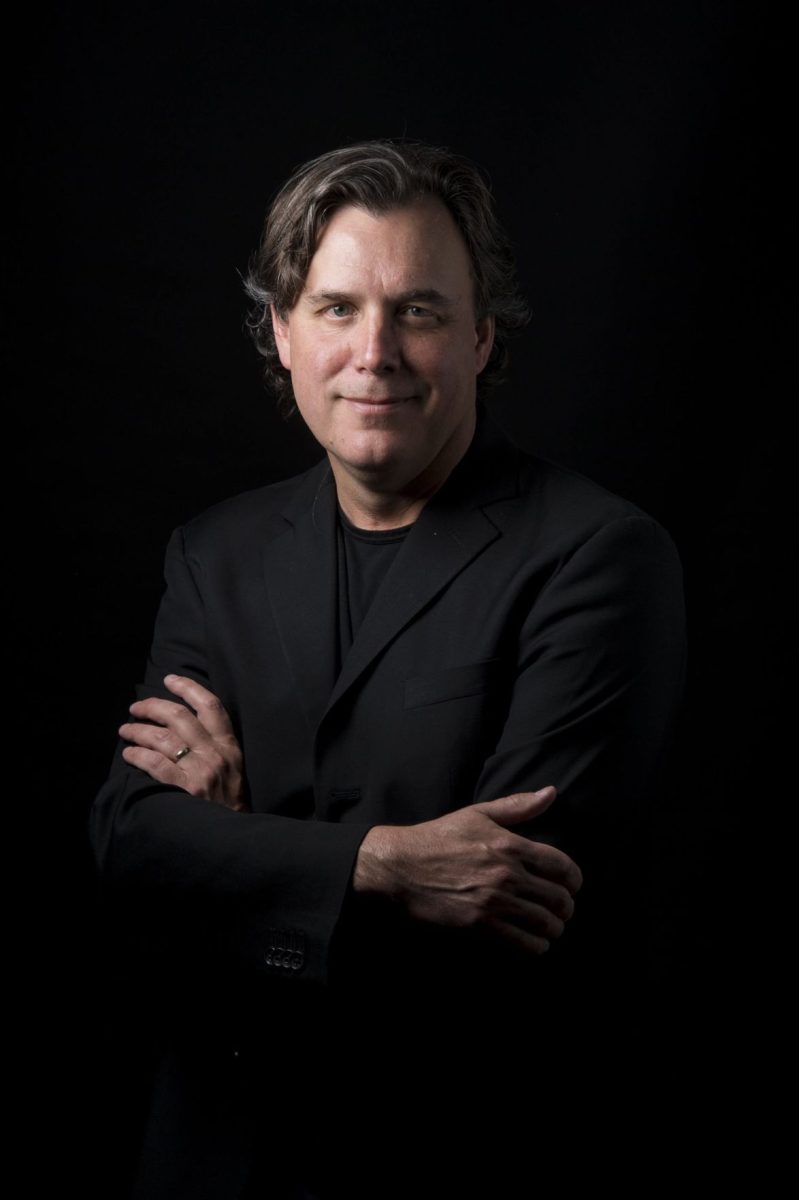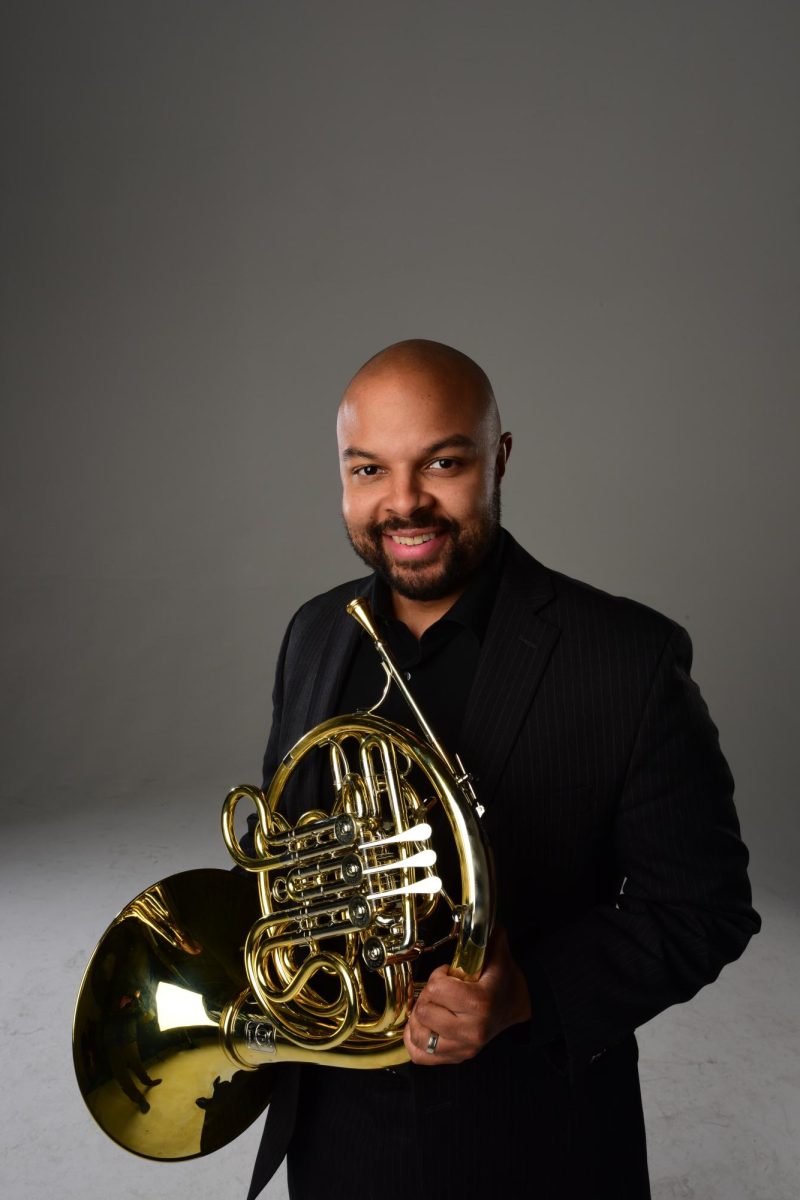Every April, the Office of Equity, Diversity, and Inclusion collaborates with the Peer Support Center and Survivors of Sexual Harm and Allies to offer resources and education aimed at promoting consent and preventing sexual harm. Consent Month consists of a series of workshops and lectures, covering all facets of life at Oberlin College and beyond. Double-degree fifth-year Malcolm Bamba and Conservatory fourth-year Bebe Wagner spearheaded the organization of a Conservatory-specific consent workshop this season, titled CON-sent, which will take place today from 5–6 p.m. in Bibbins 237. The Review spoke with Bamba, a Classical Bass and Arts Leadership and Marketing student, about this event’s inception and goals.
This interview has been edited for length and clarity.
Were there any challenges you faced when thinking about conversations of consent specifically within the Conservatory?
The goal for this year was to try and make the programming a little bit more specific and applicable to a professional kind of environment. Of course, students here are hoping to become members of the Cleveland Orchestra one day, or the New York Philharmonic. We focused on figuring out a way to make the content useful for them in a professional context. In previous years, it felt very much hypothetical, like, you’re in a class and this happens. Making it feel more specific was one thing we tried to do. With challenges, I think getting people to go to things like this can be hard, which is funny, because you would think it’d be kind of automatic, “I’ll go to that.” It’s such an important skill set to be able to advocate for yourself and people around you, particularly in orchestral contexts. But I think Conservatory students are often known as being really busy. Marketing it sometimes presents a challenge.
Students in the Conservatory come from varying diverse backgrounds. How does this affect your approach to the topic of consent?
There are a lot of international students — especially within the Piano department — so I think figuring out ways to make it accessible is important. We try to provide a good foundational framework, so we talk about, “What even is consent? What are power dynamics? What is intersectionality?” I think sometimes, as Oberlin students, we assume that everyone knows what those things mean. Defining those terms is helpful so that everyone, no matter if you’re coming from a Western perspective or an international perspective, can still understand. Now that I know what a power dynamic looks like, I can take that as a starting point. I also think scenarios help a lot. We have one that’s like, “You’re in an orchestra and there’s a section leader who’s acting this way. How do you respond?” This helps because we are all doing ensemble performances in some capacity. So, no matter if you know what some of these terminologies are or not, you can still say, “I’ve been in an orchestra setting or a big band; I’ve been in choir rehearsal, and I noticed these dynamics.” I think using those scenarios help a lot in grounding the conversation for anyone.
Are there one or two specific lessons that you hope people will take away from this event and implement in their lives?
One is to understand the resources that are available to students. In the classical context, I think it’s actually really important — particularly with the recent sexual misconduct scandal at the New York Philharmonic. There has been a cycle of misbehavior with really prolific, famous, mostly men who have power in orchestras or are conductors or professors. There are people who want to advocate for themselves, but there are unions at play, or maybe there are social hierarchies that make it hard to talk about certain things. I hope students are able to learn that there are resources available, whether it’s HR or social media, to speak your story. Having the language to articulate your experience is the main thing, and that you shouldn’t feel uncomfortable speaking your truth and shouldn’t be silenced. I think that’s a prevalent thing that happens. It takes a lot of bravery and confidence. The knowledge to be able to advocate for yourself in the ways you want to has to start somewhere; it may not always be perfect. I hope that the workshop and future students at Oberlin are able to utilize what they have to make themselves feel comfortable in any environment, whether it’s Oberlin or the Cleveland Orchestra.
How would you like to see the Oberlin Conservatory shift in the future to encourage more positive consent practices?
Even though we’re having this workshop, I think there could be a greater conversation around consent. I’ve experienced situations where harm has been done, including sexual harassment within a conservatory context. I’ve had to be the one to step in and do damage control. I feel like, as a student who has no qualifications — I’m not certified, I’m not trauma-informed — I don’t think that role should be pushed on the students. There’s Associate Dean for Academic Support, Liaison to the Office of Equity, Diversity, and Inclusion, and Visiting Assistant Professor of Musicology Chris Jenkins, who’s great, and he’s a resource as well as other people on campus to liaison with, but I wish there were more structures in place for students. More education around the things they could do. So I hope that’s one thing, the broader understanding of the importance of EDI in classical music, because we’re all so involved in practicing and being with our instruments. I think people forget that, if you’re gonna go out into the world and make a career in a community, you have to be able to talk to people and connect with them and understand them. I hope that the Conservatory starts to refine musicians’ skills to be community engagers, advocates, and activists, in the same way they teach proficiency in the piano or the violin. I would like to say that it takes a lot of bravery and confidence to be able to advocate for yourself in the ways you want to, but it starts somewhere, you know. It’s not always going to be perfect. So, I hope that future students at Oberlin [are] able to utilize what they have to make themselves feel comfortable in any environment, whether it’s Oberlin or an orchestra.










